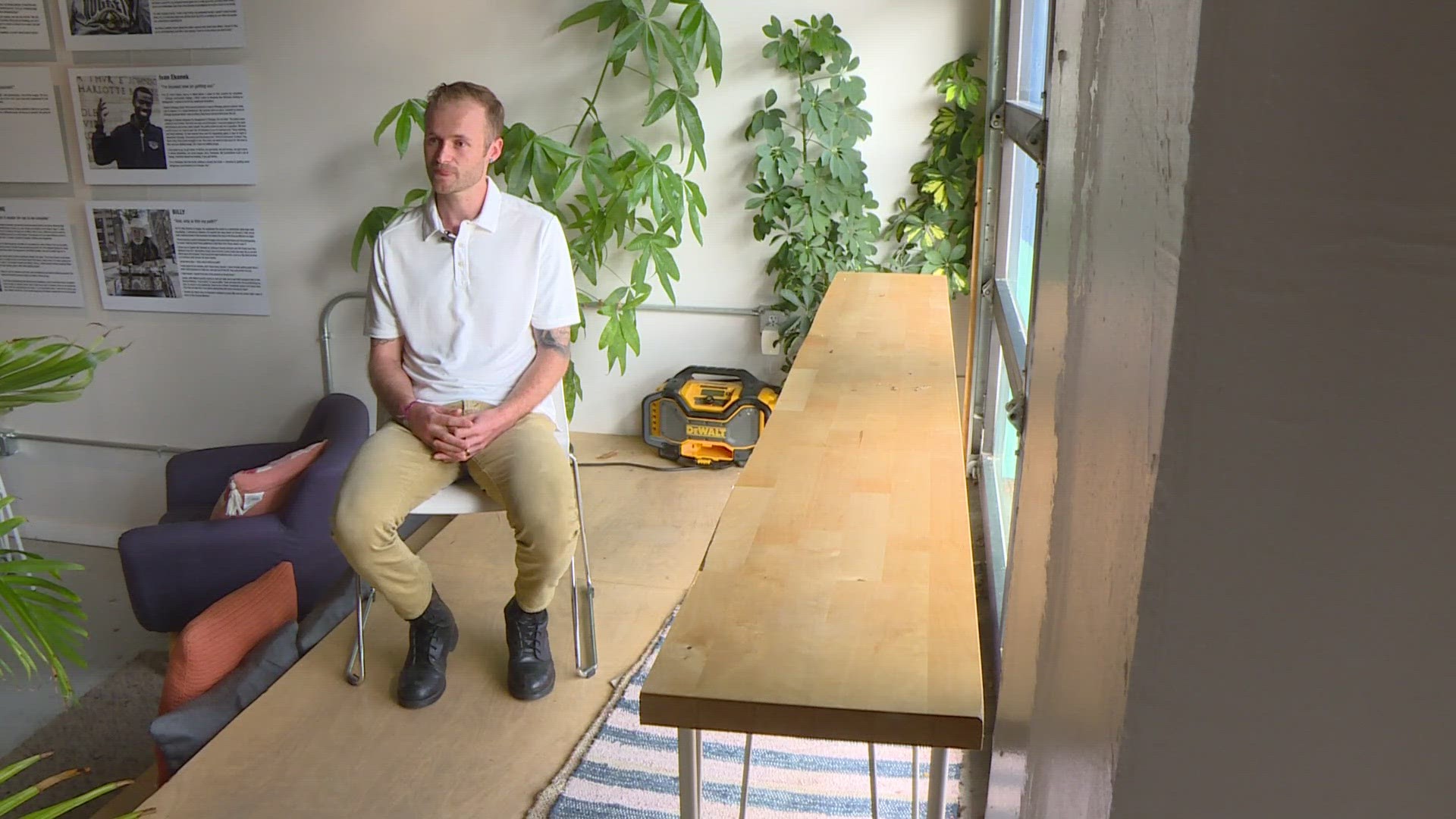COLORADO, USA — More than 13,000 DACA recipients live and work in Colorado. The Deferred Action for Childhood Arrivals program offers protection from deportation for those under the program, which was enacted under the Obama administration.
Over the past several years, the federal program has faced increasing legal challenges. Earlier this week, a federal judge declared DACA illegal. The program is currently still in effect, with Judge Andrew Hanen declining to order an immediate end.
The case was brought by Texas and eight other states that sued the program. The decision is expected to be appealed at the U.S. Supreme Court. It will be its third time in the high court.
In Colorado, advocacy groups and nonprofits are working to ensure they can create protections for DACA recipients, despite the legal challenges the program faces on the federal level.
"In the last decade, our state has passed a number of laws to make Colorado more welcoming and friendly to immigrants, for undocumented immigrants specifically," said Josh Stallings, Program Manager of Advocacy at nonprofit Juntos Community.
Stallings began a relatively new position two months ago with Juntos Community, an advocacy group and organization specifically focused on serving immigrants and DACA recipients.
Right now, Stallings is focused on collecting feedback from DACA recipients about current legislation in effect in Colorado.
"A lot of times when these laws are passed, there is not enough work and follow-up done to make sure they are implemented well," Stallings said. "So a huge thing that we are doing at Juntos Community is we are talking with the community and we are getting feedback from the community about, what are your experiences with these laws and programs? What are the barriers that still exist?"
Juntos has launched a digital survey to hear from people directly impacted by the legislation. For instance, much of what they have heard so far revolves around work permits and laws such as SB21-77, which allows people without a social security number to obtain professional licenses like a cosmetology license.
The community feedback survey is in both English and Spanish. They are hoping to hear from as many people as possible about what can be done differently to ensure the community is educated about all of the resources available.
"We want to make sure that our community is fully educated and informed of their rights and the opportunities that exist for them. Then we are hearing directly from them about what needs to improve and change with these programs," Stallings said.
SUGGESTED VIDEOS: The Culture Report

